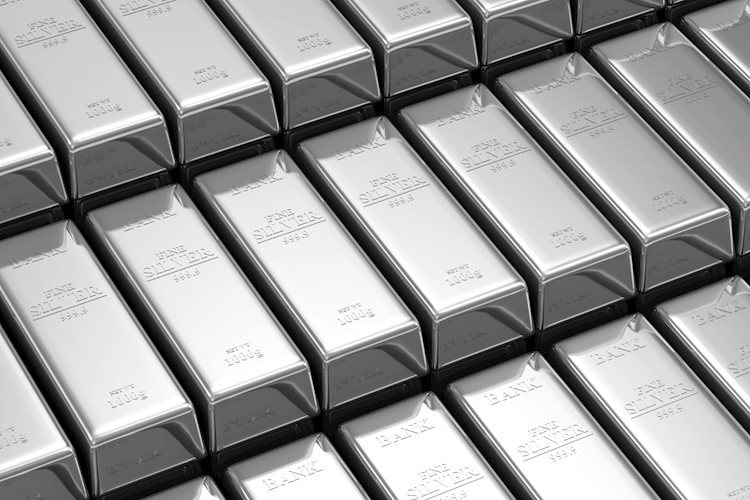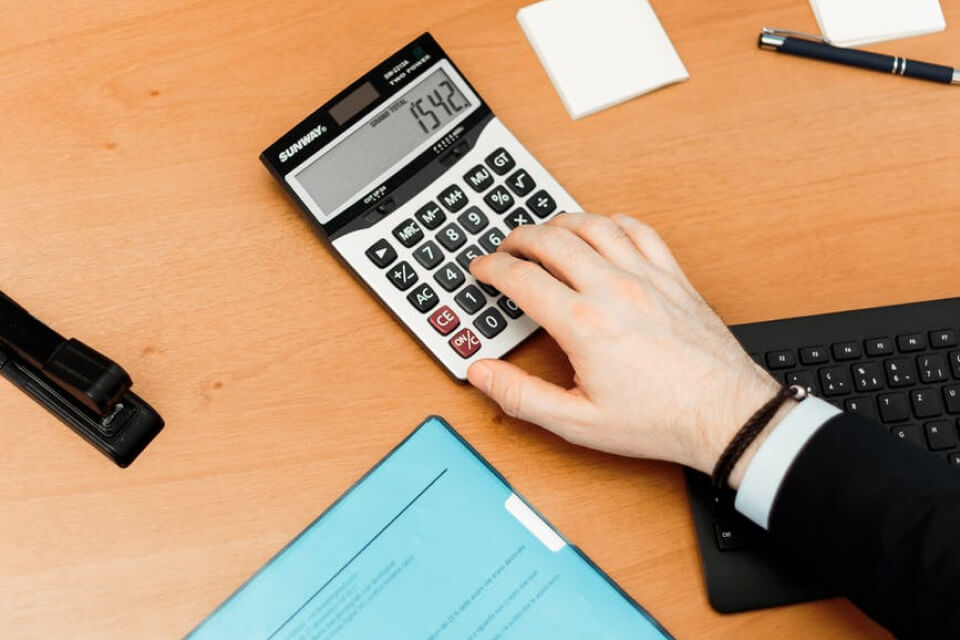- Silver price gains ground due to safe-haven demand ahead of the incoming Trump administration.
- The non-yielding Silver appreciates due to the increased likelihood of more Fed rate cuts following US PCE inflation data.
- Heightened geopolitical tensions, driven by the ongoing Russia-Ukraine conflict and unrest in the Middle East, have increased safe-haven demand.
Silver price (XAG/USD) extends its winning streak for the sixth successive day, trading around $29.90 during the Asian hours on Friday. Silver prices could find upward support amid safe-haven demand as markets anticipate signals regarding the United States (US) economy under the incoming Trump administration and the Federal Reserve’s (Fed) interest rate outlook for 2025.
The non-yielding Silver gains traction as moderate US PCE inflation data challenges expectations of limited Fed rate cuts next year, hinting at the possibility of more reductions. The safe-haven appeal is bolstered by heightened geopolitical risks stemming from the prolonged Russia-Ukraine conflict and ongoing tensions in the Middle East.
Reuters reported on Thursday that Russia’s Federal Security Service announced that it had thwarted multiple assassination plots by Ukrainian intelligence targeting high-ranking Russian officers and their families in Moscow. Meanwhile, Gaza authorities reported that an Israeli airstrike killed five Palestinian journalists. However, the Israeli military claimed that the individuals were members of Islamic Jihad posing as media workers.
The US Dollar Index (DXY), which measures the value of the US Dollar (USD) against its six major peers, trades above 108.00, slightly below its highest level of 108.54, a level not seen since November 2022. Any further strengthening of the Greenback could limit the upside of the dollar-denominated precious commodities like Silver, as a stronger USD makes these assets more expensive for holders of other currencies.
Silver FAQs
Silver is a precious metal highly traded among investors. It has been historically used as a store of value and a medium of exchange. Although less popular than Gold, traders may turn to Silver to diversify their investment portfolio, for its intrinsic value or as a potential hedge during high-inflation periods. Investors can buy physical Silver, in coins or in bars, or trade it through vehicles such as Exchange Traded Funds, which track its price on international markets.
Silver prices can move due to a wide range of factors. Geopolitical instability or fears of a deep recession can make Silver price escalate due to its safe-haven status, although to a lesser extent than Gold’s. As a yieldless asset, Silver tends to rise with lower interest rates. Its moves also depend on how the US Dollar (USD) behaves as the asset is priced in dollars (XAG/USD). A strong Dollar tends to keep the price of Silver at bay, whereas a weaker Dollar is likely to propel prices up. Other factors such as investment demand, mining supply – Silver is much more abundant than Gold – and recycling rates can also affect prices.
Silver is widely used in industry, particularly in sectors such as electronics or solar energy, as it has one of the highest electric conductivity of all metals – more than Copper and Gold. A surge in demand can increase prices, while a decline tends to lower them. Dynamics in the US, Chinese and Indian economies can also contribute to price swings: for the US and particularly China, their big industrial sectors use Silver in various processes; in India, consumers’ demand for the precious metal for jewellery also plays a key role in setting prices.
Silver prices tend to follow Gold’s moves. When Gold prices rise, Silver typically follows suit, as their status as safe-haven assets is similar. The Gold/Silver ratio, which shows the number of ounces of Silver needed to equal the value of one ounce of Gold, may help to determine the relative valuation between both metals. Some investors may consider a high ratio as an indicator that Silver is undervalued, or Gold is overvalued. On the contrary, a low ratio might suggest that Gold is undervalued relative to Silver.


